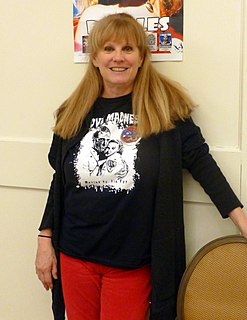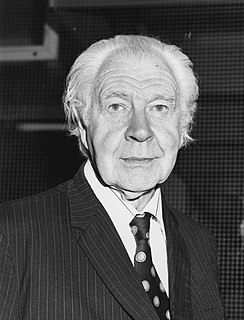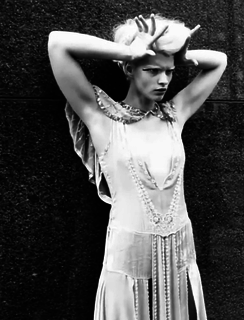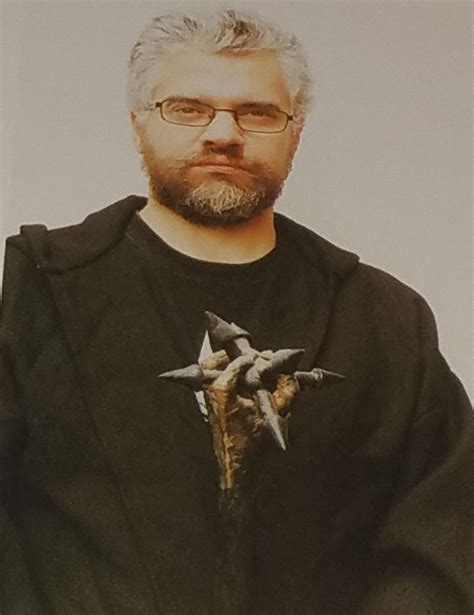A Quote by J. L. Austin
Going back into the history of a word, very often into Latin, we come back pretty commonly to pictures or models of how things happen or are done. These models may be fairly sophisticated and recent, as is perhaps the case with 'motive' or 'impulse', but one of the commonest and most primitive types of model is one which is apt to baffle us through its very naturalness and simplicity.
Related Quotes
It was always fun auditioning for commercials, because that was the beginning of my career, and me figuring out how I was going to portray myself as an actress vs. a model, because models were very different back then in the early '70s. They didn't usually hire models for acting. But I acted first in commercials and then I did modeling, so it was a little different.
The history of science, like the history of all human ideas, is a history of irresponsible dreams, of obstinacy, and of error. But science is one of the very few human activities-perhaps the only one-in which errors are systematically criticized and fairly often, in time, corrected. This is why we can say that, in science, we often learn from our mistakes, and why we can speak clearly and sensibly about making progress there. In most other fields of human endeavour there is change, but rarely progress ... And in most fields we do not even know how to evaluate change.
Investors should be skeptical of history-based models. Constructed by a nerdy-sounding priesthood using esoteric terms such as beta, gamma, sigma and the like, these models tend to look impressive. Too often, though, investors forget to examine the assumptions behind the models. Beware of geeks bearing formulas.
You have to look for a unique quality in that person and it's not just always physical. I don't think models are great models because of their face or their body. Obviously, I think their physical characteristics are important, but I think it's very much about your personality and inner beauty and really understanding how to be a great model instinctively. And that's where it all comes from.
Models walking down the street are very rarely recognized as such. It is often the same as it was for me: models were the school freaks. Way too thin and their eyes way too far apart. They were not the ideal. But then they put on fantastic clothes, have their make up done and you have this special beauty. It's a creation.
Henceforth, whilst there are a great many theories and models proposed as to how, or why, magic works (based on subtle energies, animal magnetism, psychological concepts, quantum theory, mathematics or the so-called anthropomorphic principle) it is not a case that one of them is more 'true' than others, but a case of which theory or model you choose to believe in, or which theory you find most attractive. Indeed, from a Chaos Magic perspective, you can selectively believe that a particular theory or model of magical action is true only for the duration of a particular ritual or phase of work.
The Internet is a really big tent. In theory, it can support the full range of models, one of which is, 'Here's my information and I'm happy you can use it,' and the other one is, 'Here's the information and you can't have it unless you pay me for it,' and perhaps some things in-between. There is a full spectrum of models.







































